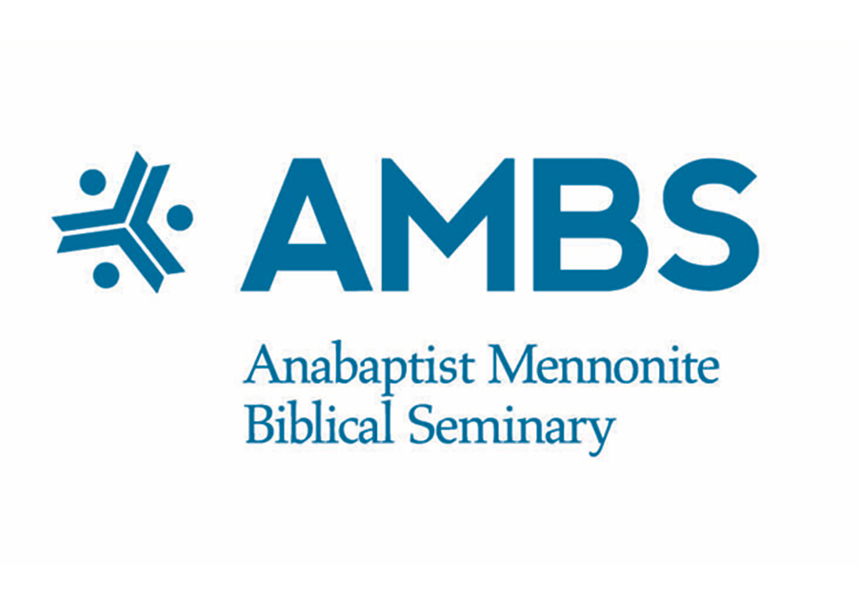Anabaptist Mennonite Biblical Seminary (AMBS) leaders have been discerning plans for the 2020–21 academic year during the continuing COVID-19 pandemic—with the goal of giving students and employees safe access to campus spaces while making it possible to study or work from home for those who need this option.
“This isn’t the situation we hoped for as we looked forward to commencement and beginning a new academic year,” says David Boshart, AMBS’s president. “I am grateful for the flexibility, perseverance and determination of our faculty, staff and students. I believe that we will overcome the challenges of this time so that we can offer a safe and healthy environment, high-quality instruction and services, and new ways to strengthen our sense of community. We will travel this road together with hope and resilience!”
Many of AMBS’s Semester 1 graduate-level course offerings (August/September to December) will be accessible at a distance due to the novel coronavirus. The seminary’s accrediting agency, the Association of Theological Schools, has waived degree-program residency requirements through December 2020. A list of graduate-level course offerings for Semester 1 can be found at ambs.edu/onecourse.
Many of the AMBS Church Leadership Center’s non-degree lifelong learning offerings are already distance-friendly and will continue to be in 2020-21. Several of the six-week online Anabaptist Short Courses now include optional weekly Zoom gatherings with the instructor. Participants in the Journey Missional Leadership Development Program, which normally includes an in-person weekend gathering, will meet remotely this fall. To learn more, see ambs.edu/lifelong-learning.
Campus safety measures include required face coverings, physical distancing, self-screening checks and contact tracing. A tent is being added to the campus to enable outdoor classroom and meeting space.
AMBS’s residential apartments have remained operational during the pandemic. Campus care pods were formed at the start of the pandemic and will continue as a way to ensure a support network if there were to be cases of COVID-19 in the residential community.
According to Boshart, more employees will return to their campus offices as the semester begins, while some will continue to work primarily from home. Department leaders are working with their teams to develop an employee presence plan that meets the needs and service expectations of the department and institution while ensuring safe practices.







Leave a Reply
You must be logged in to post a comment.